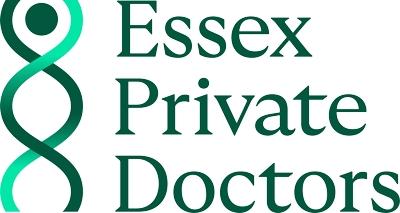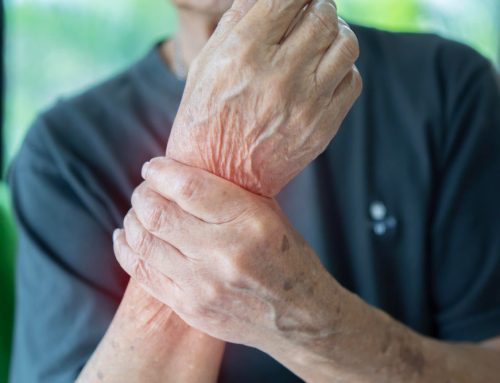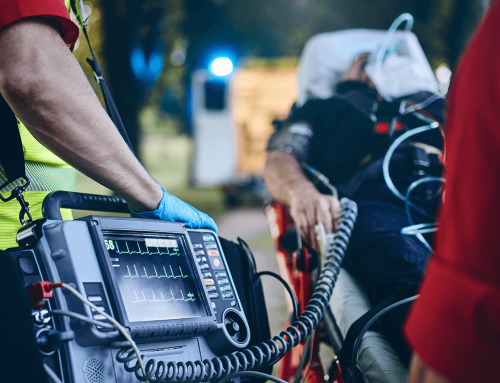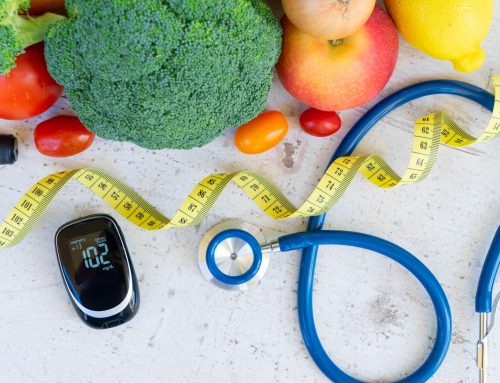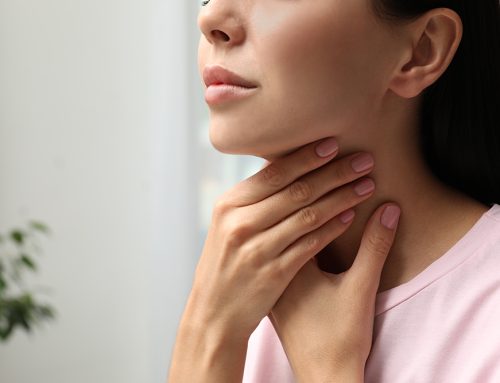Vaccinations are an important way of preventing disease, and so to mark European Immunization Week (23-29 April), Essex Private Doctors GP Dr Alice Scott has created this helpful guide to make sure you understand how you can tackle Meningitis, Chickenpox and Shingles, and take steps to protect your family.
Meningitis Vaccination, Chickenpox Vaccination and Vaccination against Shingles
Vaccinnations work by causing the body to mount an immune response to a weakened or inactivated version of the disease, which then generates immunity, meaning that you have less of a chance of getting the illness. There is a successful childhood immunisation programme which is available on the NHS. At the surgery we offer a range of private vaccinations which are not available to all groups of people on the NHS: Chickenpox, Shingles, Meningitis B and HPV.
Chickenpox
Chickenpox is a common childhood illness, caused by a virus called Varicella Zoster. It is very contagious and is spread by inhalation of the virus from an infected person’s coughs and sneezes, close contact with the blisters, and spread across the placenta from a pregnant woman to her unborn child. It can also be caught from a person who has shingles.
The symptoms of chickenpox are a mild temperature, cough and sore throat, feeling generally unwell, loss of appetite and the development of a rash. The rash starts as little red spots which then turn into blisters which burst and then scab over. The rash can be sore and itchy. A person is infectious from 1-2 days before the development of the rash. Once someone has been infected with chickenpox there is a 14-21 delay before the development of symptoms.
Chickenpox is mostly a mild illness which gets better by itself. Occasionally there are complications of chickenpox which include: bacterial infection of the blisters, scarring, encephalitis (inflammation of the brain) or meningitis (inflammation of the lining of the brain). Adults who catch chickenpox are more likely to have a severe illness with complications which include pneumonia and encephalitis.
However, there is a vaccination available which can prevent you from catching chickenpox in the first place. It can also be used if you have been exposed to someone with chickenpox within the last 3 days, to prevent the disease from occurring.
The vaccination is only available on the NHS to people who regularly encounter people with a weakened immune system, for example nonimmune healthcare workers. This is to stop the spread of chickenpox to those people who would be at a higher risk of becoming very unwell with chickenpox. The chickenpox vaccination is, however, available as a private vaccination to people who do not fall into the group of people eligible for it on the NHS.
The vaccination is a live vaccine which means it contains a small amount of weakened chickenpox virus, this triggers your immune system to develop antibodies to the virus which protects you from catching chickenpox. It is given as two separate injections, given four to eight weeks apart. It gives a high level of immunity to chickenpox but does not completely prevent you from catching it, however, if you were to catch it after having the vaccination then you would usually get a mild form of chickenpox.
You should not have the chickenpox vaccination if you have a weakened immune system, are pregnant, have had an allergic reaction to a previous dose of the vaccination, or are unwell at the time of the vaccination – in this case the vaccination should be delayed until you are feeling better.
Shingles
Once someone has had chickenpox, the virus hides in nerve cells and can then become reactivated later in life and cause shingles. It is estimated that one in 5 people who have had chickenpox develop shingles. This is a painful condition causing a blistering rash in one area of the body and feeling generally unwell. Some people are left with ongoing pain after the initial rash has healed.
The shingles vaccination is available on the NHS to people in their 70s but can be given as a private vaccination to people over the age of 50. It is given as a single injection and it reduces your risk of getting shingles or if shingles does develop, it is generally milder and the illness is shorter. If you are unlucky enough to have already had shingles, the vaccination can boost your immunity against further shingles attacks.
You should not have the shingles vaccination if you have a weakened immune system.
Meningitis B
Meningococcal infections are very dangerous illnesses which can cause meningitis (inflammation of the lining of the brain), septicaemia (blood poisoning) and can lead to brain damage, amputations and death. There are 12 known types of meningococcal bacteria and group B (Men B) are responsible for about 90% of meningococcal infections in the UK. Men B most commonly affects young children below the age of 5, especially babies under the age of 1, with a second peak in adolescents, but can affect people of any age.
Meningococcal bacteria are common and live naturally in the nose and the back of the throat. It is thought that about 1 in 10 people carry meningococcal bacteria in their noses, and in adolescents, 1 in 4 carry them in their throats. These bacteria can be spread to other people by coughing, sneezing, and close contact with people such as by kissing and sharing cutlery or toothbrushes. For most people, the bacteria are harmless as most people have a natural immunity to them and only a small number of people will become unwell. This occurs if the bacteria cross the protective barrier of the lining of the throat or nose and get into the blood stream where they multiply. This causes a rapid progression of the illness and people become unwell very quickly.
Signs of meningitis include feeling generally unwell, high temperature and vomiting. Sometimes headache, neck stiffness, sensitivity to light, drowsiness, confusion and joint pains can occur. Meningococcal septicaemia may present with a rash and as the disease progresses this may become non-blanching (it does not fade under pressure). This can be confirmed by pressing on the rash with a glass to see if the rash disappears (the glass test). In babies, the signs of meningitis can be nonspecific, they may have a high temperature but cold hands or feet, be unsettled and cry continuously, be agitated and not like being touched, feel floppy when they are picked up, be lethargic and difficult to rouse, or develop a non-blanching rash.
If you suspect meningitis or there is a rash that does not fade under pressure this is a medical emergency and you should call 999 for an ambulance.
The meningitis B vaccination is now available within the NHS childhood immunisation programme for children born after May 2015. Some other groups of people, for example with a damaged or malfunctioning spleen (which makes people more vulnerable to infection) are also eligible for vaccination on the NHS. The meningitis vaccination is, however, available as a private vaccination to people who do not fall into the group of people eligible for it on the NHS.
As Men B is a deadly and disabling disease, some parents may wish to have their child vaccinated privately if they fall outside of the NHS vaccination programme and we offer the Meningitis B vaccination at the surgery. Over the age of 2 the vaccination is given as a series of 2 injections. Other ways of protecting yourself and your family against Men B is to wash your hands thoroughly, especially before eating and after going to public places; avoid sharing cutlery or toothbrushes with other people and covering your mouth when you cough or sneeze.
HPV (Gardasil®)
HPV is a virus, there are over 100 types of HPV and about 40 of these affect the genital tract. HPV is passed by sexual contact and is very common, with up to 40% of women being infected with at least one type of HPV within 2 years of their first sexual encounter. The use of condoms decreases the risk of passing on HPV but does not eliminate it.
The current vaccination in the NHS programme is with Gardasil® quadrivalent vaccine and this protects against HPV types 16, 18, 6 and 11 – this means it gives protection against the two most common types of HPV which cause cervical cancer and the two most common strains which cause genital warts.
Currently boys are not eligible to have the HPV vaccination within the NHS immunisation programme. It is thought that vaccinating girls will indirectly protect boys from these types of HPV as the vaccinated girls then won’t pass the HPV on to the boys, however this won’t lead to any protection of men who have sex with men.
It is possible to have the HPV vaccination privately if you do not fall into the NHS vaccination programme. The vaccination we offer at the surgery is with GARDASIL®9 which protects against 9 types of HPV (Types 6, 11, 16, 18, 31, 33, 45, 52, and 58).
For more information please read Doctor Alice Scott’s recent blog HPV Vaccine – All You Need To Know
If you would like to discuss any health concerns raised by this article, or to book a private GP appointment please call the surgery on 01277 201001.
References:
https://www.nhs.uk/conditions/vaccinations/chickenpox-vaccine/
patient information leaflet (PIL) for VARILRIX
http://www.spotchickenpox.com/
https://www.nhs.uk/conditions/vaccinations/shingles-vaccination/
patient information leaflet (PIL) for Zostavax
https://www.nhs.uk/conditions/vaccinations/meningitis-b-vaccine/
patient information leaflet for Bexsero
http://www.tacklemeningitis.org/
